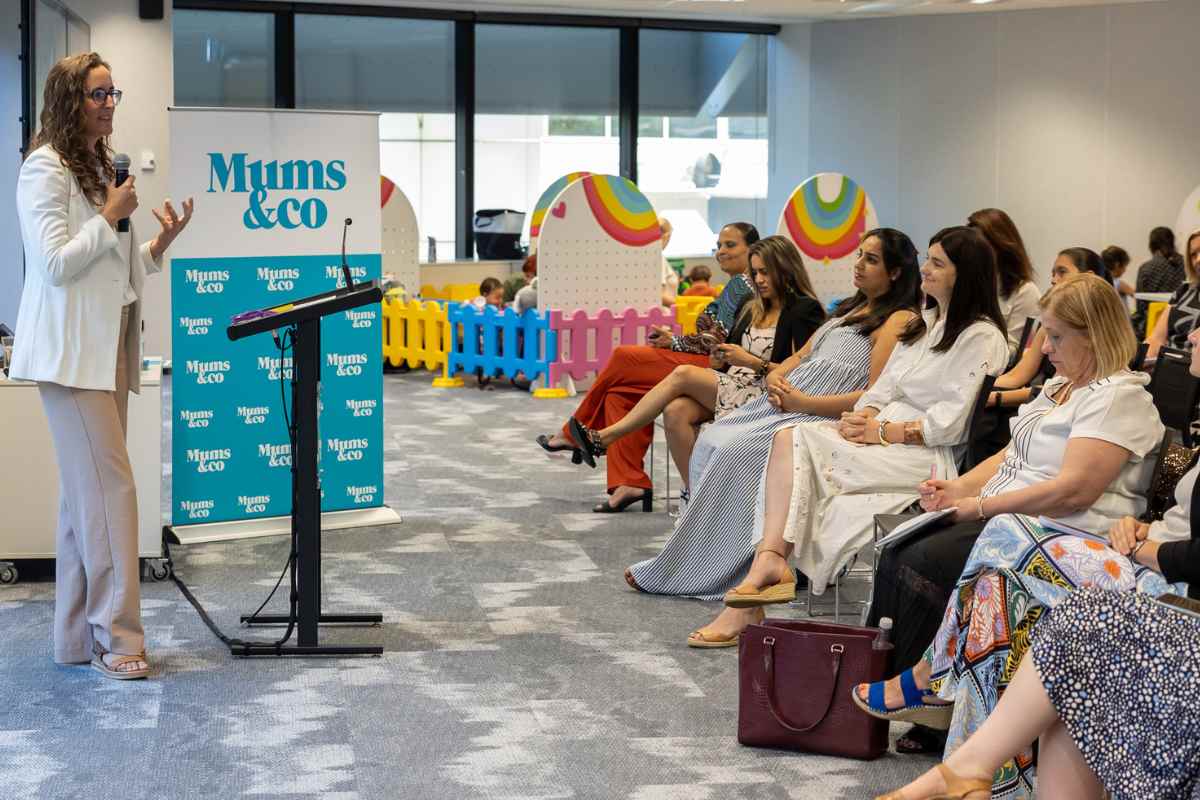Self-Employed Success: Expert tips and insights from a Managing Director and former management consultant
Discover how Hnry is revolutionizing the lives of self-employed individuals in Australia and New Zealand. Managing Director Karan Anand shares insights on automating tax and financial admin, supporting everyday Aussies and Kiwis, and democratising access to world-class finance and accounting skills.
Karan, we love hearing and sharing stories of small business owners, particularly women who run those businesses. And we love educating women around the importance of pitching and sharing that story and doing it with confidence. Would love to hear what you have to say about Hnry, and hear the Hnry pitch.
Hnry takes the hassle of tax and financial admin away for the 2 million or so Aussie and Kiwi self-employed people. So what we do is we automate your tax calculations and tax payments, making sure that exactly the right amount of tax is taken out of your paycheque every time it comes in.
We offer our app on iOS and Playstore, options for you to issue invoices, quotes, everything you'd need to run your business. And thirdly we’re your tax accountants as well. So, we lodge your income tax returns, and deal with any of those letters you get from the ATO. So, we're basically financial admin service and software in a box for the many self-employed people who'd be listening to this podcast all around Australia, New Zealand.
Could you share a couple of the ways that you have used to bolster that visibility for Hnry over the last couple of years?
We predominantly acquire our customers through two or three main channels. So, SEO, SEM, is a huge channel for us. And the principal method we use around that is tailored content marketing; there is a high degree of intent associated with people who are searching for information within in this genre.
For example, if I'm searching for self-employed tax, I'll try to search “tax”, or, “how to do my best when I'm new to when I'm new to…” or “registering for GST, ABNs”. There's lots of topics, but they all are, different pathways of navigating this quite complex part of your journey when you're self-employed.
We get a lot of high internet traffic through that channel. It's quite successful for us.
The other sort of realm that we do quite well in is, through our partnerships, which is our partnership with organisations like Mums & Co, where there's clearly a firm overlap in the work we do which is, you know, bringing together a community of emerging businesses and self-employed women in across different backgrounds in Australia and we solve a specific, quite well defined niche for them. You can’t bury your head in the sand when it comes to tax, so what the partnerships allow us to do is give another opportunity to get more content out there to engage your customer base. We extend the duty of care and say look, we know you’re going to confront this problem, here’s a partnership we have with another organisation that’s solely focused on this segment of the market, here’s a friendly introduction for you, so between those two channels, referrals from partners and really rich content marketing means we’ve been able to build quite a large customer base across Australia and New Zealand.
Small businesses and sole traders don't tend to have the big teams and the staff and access to experts around us all the time. How do you protect your business more broadly from some risk? How do you think business owners should perceive risk?
That's a great question. And I think the risk question is getting more and more complex. Because we knew cyber was a security threat. And then we saw the concerted attacks on even huge institutions like Optus and Medibank and the like. And it keeps happening.
These seem to be happening more and more frequently. If those big companies can't handle it, how do we expect an SME to handle it? It’s unfortunately quite a tangible and real risk. There’s also the existential risks; the marvel that is ChatGPT right now. You may be thinking, “what is what is the future of my job or my business?” The advice I would give is that as a business owner, it's incumbent on you to stay on top of what is evolving in technology these days. I think that's where the greatest source of risk is going to come from. You don't need to be an expert in cyber. You don't need to be an expert in AI, but having a good understanding of the things which are moving and then how, frankly, in the first instance, you can harness those changes to make best use of them.
So can you make your production cycles go faster as a result of AI? and the democratisation of AI? You should harness that. In the long term, think about - if I was to linearly extrapolate this in 12, 18, 24 months, where do I think this is going to go? And then what are the changes I need to make for myself in order to protect myself from what's going to happen?
Companies pay a lot of money to management consulting firms to do large scale scenario planning for them. I'm not suggesting you do the same, but it's quite easy on a personal level, to come up with scenarios such as “if this goes in this direction, it could impact my business in this way.” Start thinking about these things now, and running those if /then scenarios in your head. It's a good practice to stay on top of as a business owner. And then I think that mental discipline you get into, the earlier you are in your business, it will then help you find more opportunities as well, as technology evolves.
-1.png)


.png)

.png)






